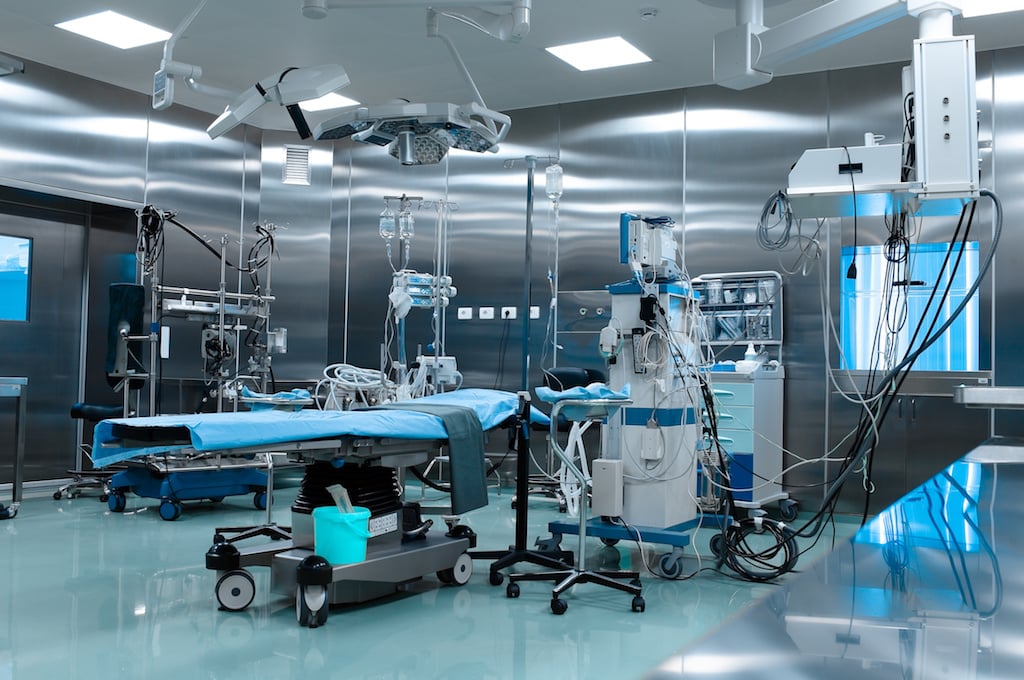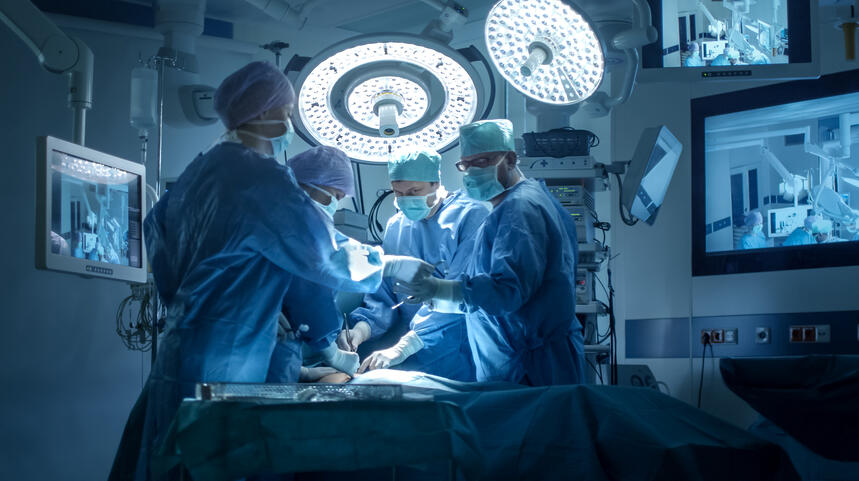In the intricate world of surgery, precision is paramount. Behind every successful procedure lies a suite of advanced tools and devices meticulously designed to enhance the surgeon’s capabilities and ensure patient well-being. Operating room devices represent the pinnacle of medical technology, embodying innovation, precision, and the pursuit of excellence.
In this blog post, we will delve into the realm of these remarkable instruments, exploring their functions, importance, and the impact they have on modern surgical practices.
Table of Contents
Surgical scissors
When it comes to surgery, precision is everything. And that’s where surgical scissors come in. Often overlooked in favor of more high-tech tools, these scissors are actually the unsung heroes of the operating room. With a range of sizes and shapes, they provide surgeons with the perfect instrument for every job, from the tiniest incision to the most complex dissection.
But it’s not just the variety of scissors that sets them apart. It’s the craftsmanship and finesse with which they’re made that truly make them stand out. When a surgeon picks up a pair of surgical scissors, they can trust that every move they make is guided by accuracy and precision. And that’s what makes these simple instruments so invaluable.
Electrocautery units
Electrocautery units have been a game changer in the field of surgery. By utilizing controlled electrical currents, these devices grant surgeons greater precision and fewer complications during delicate procedures. Not only do they reduce blood loss, but they also enhance visibility, allowing for more accuracy in complex operations.
Whether it is a cardiothoracic or a neurosurgical procedure, electrocautery ensures that tissues are cut with unparalleled precision, while also preventing inadvertent damage to vital structures. This tool has effectively revolutionized surgery, improving patient outcomes remarkably.

Laparoscopic instruments
The advent of minimally invasive surgery techniques has indeed revolutionized the medical landscape, bringing about quicker recovery times and reduced scarring for patients. With the help of laparoscopic instruments like cameras, graspers, and dissectors, surgeons can perform complex procedures through small incisions.
What’s more, the precision of these tools, when combined with real-time visualization, enables surgeons to navigate the body’s internal landscapes with unparalleled accuracy, leading to better outcomes for patients. Minimally invasive surgery is undoubtedly a medical marvel that has transformed the lives of countless individuals around the world.
Anesthesia machines
Among the most important pieces of equipment in the operating room are anesthesia machines. These machines play a crucial role in safely inducing and maintaining a controlled state of unconsciousness during surgery, ensuring that patients are completely unaware of the procedure taking place.
What’s more, advanced monitoring capabilities built into these machines ensure that patients receive the appropriate level of anesthesia throughout the duration of the surgery. In this way, anesthesia machines offer an essential piece of the puzzle in the pursuit of safe and effective surgical interventions.
Suction and irrigation systems
In the world of surgery, clarity of vision is key to ensuring a successful outcome. The ability to see every detail of the surgical site can often mean the difference between a seamless procedure and a complication-ridden one. That’s where suction and irrigation systems come in.
With the help of rubber tubing, these devices allow for the prompt removal of blood, fluids, and debris from the area, creating an unobstructed view for the surgeon. This results in enhanced precision and a reduced risk of complications during and after the procedure.
Sterilization equipment
To ensure the safety of patients, sterile instruments are essential. Thanks to sterilization equipment such as autoclaves, surgical tools are free from any contaminants that could lead to infections. The process of sterilization is meticulous, and it underscores the dedication to precision and safety at every stage of surgical care.
With the use of such equipment, medical professionals can provide the best possible care to their patients. The commitment to precision is not just limited to the surgery but is also extended to its preparation, for the benefit of all patients.
Conclusion
The operating room is a symphony of precision, where surgeons and advanced devices harmonize to create medical marvels. From surgical scissors to sterilization equipment, each device plays a crucial role in enhancing surgical outcomes, minimizing risks, and maximizing patient comfort. The world of operating room devices is a testament to human innovation, showcasing our ability to create tools that reflect the art and science of medicine. As technology continues to advance, the future holds even more promising devices that will further elevate the precision and impact of surgical procedures.





/GettyImages-1004654756-9a2adb6c587048be839d22f1a05c440d.jpg)










